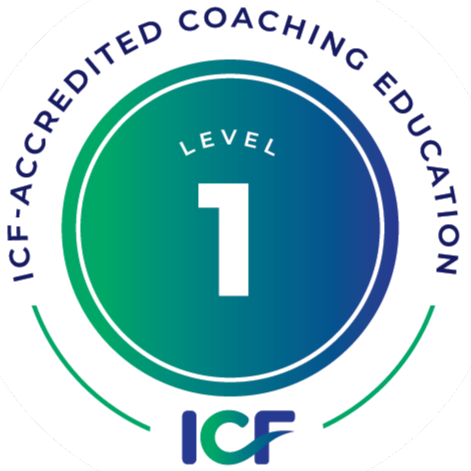
By: Candace Dorsey
You miss 100 percent of the shots you never take. —Wayne Gretzky
Life coaching can help people with unrealized dreams and stagnation in the growth process. Sometimes, those who hire life coaches already know the specifics of these issues. Other times, they may not know much at all but simply feel unfulfilled and not know why.
Taking a look at the stages of motivational interviewing may provide insight about the differences. The stages are:
- Precontemplation
- Contemplation
- Preparation
- Action
- Maintenance
Those who do not have specifics may be in the latter stages of precontemplation but have probably already transitioned to contemplation. They are hiring the coach to move them into preparation.
The client who has more specifics has probably moved beyond precontemplation and possibly beyond contemplation. This person is likely to already be in or close to the preparation stage. The life coach was likely hired to help move the client from contemplation to preparation or to begin or make more progress in the preparation stage. A few clients may already be in preparation but unable to gain the necessary traction to act. They may not be quite clear on what is next or may still need to develop a more comprehensive plan of action.
Listening for “change talk” is important. Powerful questions afford the opportunity to assess the stages and to identify thoughts and/or feelings that will help to motivate the client. Focusing on the things the client says that hints at or helps delineate the desire to change will help the client and the coach understand what drives the client toward change. The client looks to the coach for help in gaining the confidence and momentum to move through the various stages.
Powerful questions are likely to be one of the only vehicles through which precontemplation can be understood. Visioning may or may not provide the clarity needed to move from precontemplation to contemplation but may be a catalyst for action. Forward visioning and backtracking to delineate the steps it took reach the vision may help. Action may then be facilitated by focusing on the now more defined and concrete goals and plans. Acting “as if” may be of some help regarding movement from contemplation to preparation because it may provide needed inspiration. Acting “as if” is also likely to be extremely helpful in propelling the client into Action.
Maintenance calls into question whether it may be valuable to have “check-up” sessions once the client has accomplished the goals or vision as set out during the early and middle stages of the coaching process. Planning monthly or quarterly check-in sessions creates a chance for tweaking, regrouping or reinforcing and help to insure maintenance.
The “check-up” not only provides a chance to meet the maintenance needs but also facilitates the identification of new realms to be explored and provides an opportunity for future growth beyond the parameters established in the original coaching agreement. The client may want to expand the goals and vision(s) originally set forth or may have discovered completely different areas that could benefit from coaching. A transition from one career to another may have been achieved, but the client may now want to pursue relationship, spiritual, or health-related goals. A client may have ended a relationship and want to develop new social outlets.
The process begins anew. Again, identifying what stage the client is in may be useful in guiding the coach to choose techniques that lead to the discovery of what is needed at that stage of a newly identified journey. Renewal depends not only on achievement but upon continued growth beyond maintenance of what is.
They must often change, who would be constant in happiness or wisdom. —Confucius
Candace L. Dorsey, MA, NCC, LPC, BCC, became a Board Certified Coach (BCC) in May of 2012 and has been in solo practice as a Professional Counselor since 1995. She is on her own transformative journey from full time counselor to part-time life coach in semi-retirement. Candace thrives on helping her clients to become fully actualized individuals by identifying and clearing any impediments that block this process. She may be reached by email at [email protected].




